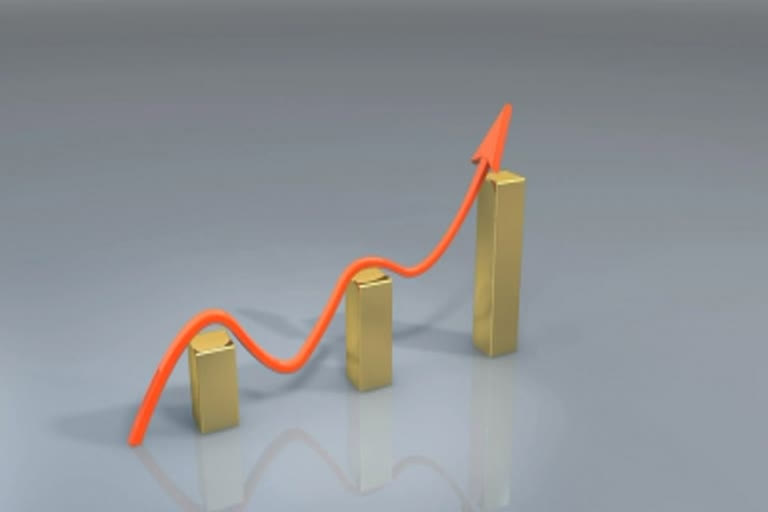New Delhi: Amid fears of the world slipping into recession, India will perhaps emerge as the strongest major economy with 7 per cent growth rate in FY23, Economic Advisory Council to the Prime Minister (EAC-PM) member Sanjeev Sanyal said on Sunday. Sanyal observed that India can grow at 9 per cent in an external conducive environment like in early 2000s when the global economy was growing.
"We are clearly entering an environment where many countries around the world will be facing much slower growth or even slipping into recession. This is due to a combination of factors ranging from tighter monetary policy to higher energy costs, as well as disruptions caused by the Ukraine war," he told PTI in an interview.
The World Bank on October 6 projected 6.5 per cent growth rate for the Indian economy for 2022-23, a drop of one percentage point from its June 2022 projections, citing deteriorating international environment. "Under those circumstances, India's performance will stand out as being perhaps the strongest of any major economy in the world with around 7 per cent GDP growth rate in current fiscal year nonetheless," Sanyal said.
He emphasised that the cumulative impact of supply side reforms over many years by the Modi government has meant that India's economy is currently much more flexible and resilient than it used to be. Sanyal noted that if India gets an external environment like the one it had during 2002-03 to 2006-07 when the global economy was growing, global inflationary pressures were muted, then its economy is capable of delivering 9 per cent growth.
"But obviously, we are not in that environment right now. So given that situation 7 per cent GDP growth rate is a good performance," he said. The EAC-PM member however cautioned against pushing growth unnecessarily "when the highway has so many bumps and hurdles in the way". The Reserve Bank of India recently slashed the growth projection to 7 per cent for current fiscal year from the earlier forecast of 7.2 per cent, citing aggressive tightening of monetary policies globally and moderation in demand.
